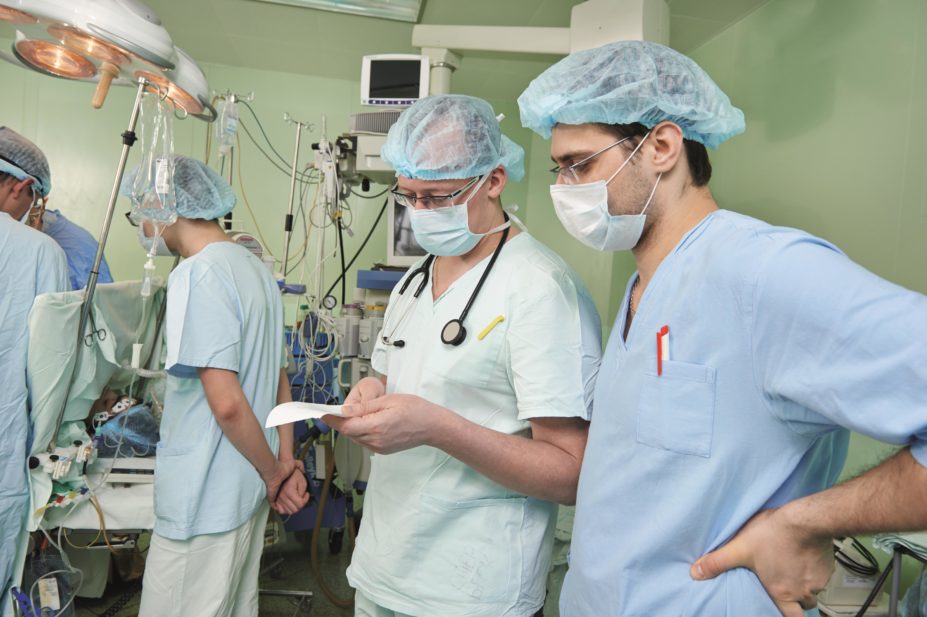
Shutterstock.com
Patients are routinely sedated before being anaesthetised for surgery, but new research published in JAMA
[1]
(online, 3 March 2015) calls the practice into question: it found no benefit in terms of patient experience, and a small but not insignificant detriment to post-surgery recovery.
The PremedX study assessed 1,062 patients, randomised into three groups: sedation with lorazepam (2.5mg), no sedation and placebo. It found no difference in perioperative patient experience (self-reported, such as for pain, anxiety and quality of sleep), but time to extubation was 17 minutes in the lorazepam group, 12 minutes in the no sedation group and 13 minutes for the placebo group (P <0 .001). Cognitive recovery rates (at 40 minutes) were 51%, 71% and 64% (P <0 .001), respectively.
“The findings suggest a lack of benefit with routine use of lorazepam as sedative premedication,” the researchers conclude.


